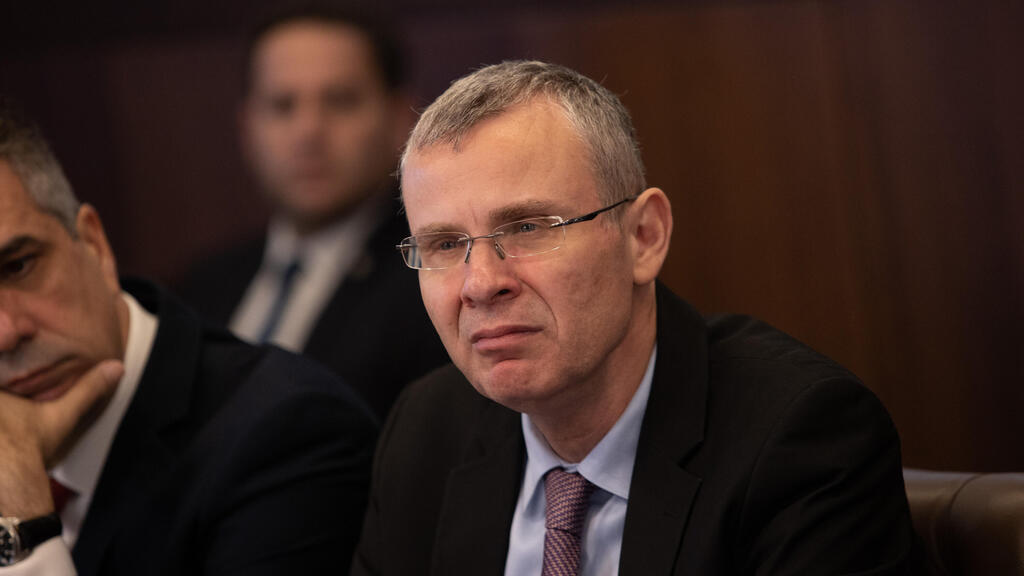The unit responsible for the protection of government ministers decided to increase security for some of them, apparently due to concerns over escalating violence in protests against judicial reform.
More stories:
The decision was made on Monday, the same day the Knesset finally approved the cancelation of the reasonableness clause, the first part of its judicial overhaul campaign. Amid the frenzy, several ministers were informed of the potential threat to their safety, although it seems there were no specific warnings behind the messages.
The security level for some ministers was raised to "yellow," a relatively high level, which means they are accompanied by multiple security personnel whenever they leave their homes, and they are also met with a number of security personnel at any place they visit. For the Justice Minister Yariv Levin, it was decided to provide the highest level of security.
Since Monday, the security level has already been lowered for some ministers based on their individual risk assessments, but Levin's security level has not been reduced yet.
In the past, ministers have complained about demonstrations held by protesters against the judicial reform outside their homes. About a month ago, Prime Minister Benjamin Netanyahu convened a special session under the title "Restrictions in Public Space" in response to these complaints. Another government meeting was held this month amid coalition claims that leniency was being shown by law enforcement toward protesters who tend to block roads. During that meeting, ministers continuously criticized Attorney General Gali Baharav-Miara, in what appeared to be a planned teaming up against her, possibly as part of preparations for her dismissal.
Gali Baharav-Miara rejected the allegations of arbitrary enforcement and last week she published a document titled "Protest Policy" – a week after being asked to formulate it during the same tumultuous government meeting. In the document, the attorney general clarified that "there are written and consistent guidelines and regulations regarding demonstrations and protests, including their treatment, and enforcement." She also opposed the expectation of putting "caps" on arrests during protests and wrote: "It seems needless to say that the law enforcement system cannot set for itself any numerical threshold for the use of means to disperse demonstrations, make arrests, issue indictments, and the like. A priori assumption that law enforcement must adhere to 'caps' would lead to a severe violation of the principle of equality before the law."



